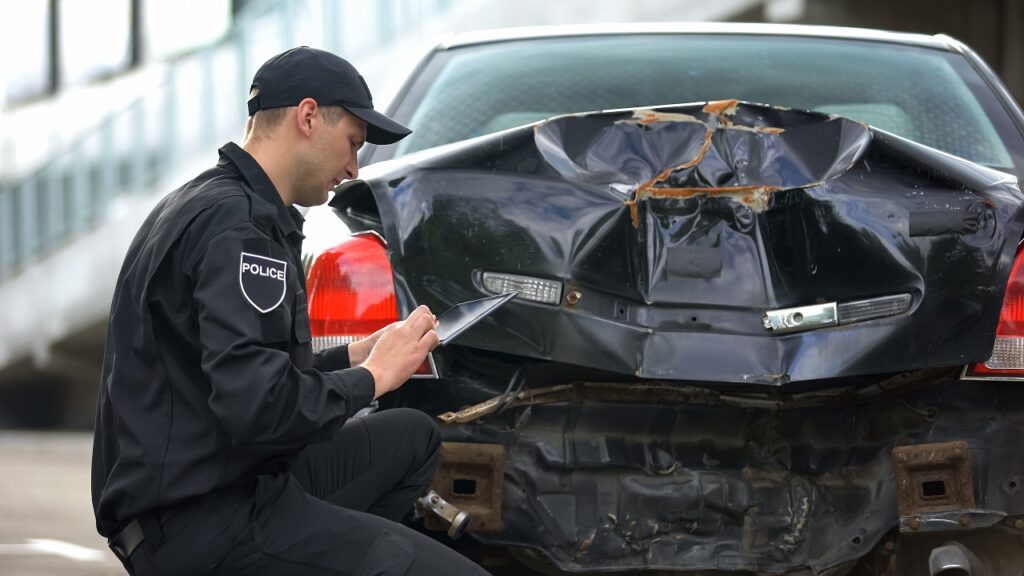In the April article, I wrote about how much insurance coverage the at-fault party may have and how that plays a role in your claim. While you can’t control how much insurance those around you have purchased, you can control what you purchase. So what are some of your choices and what might you want to consider as part of your auto insurance coverage?
First, the phrase “Full Coverage” is at best vague and at worst misleading. One insurance agent’s website describes it as “coverage for your car, not just the other driver’s car.” For the purpose of this article and using that definition, “Full Coverage” gives a false sense of security because the term implies you have purchased all available coverages you can get. But that is not accurate.
Why would you be satisfied with only adding coverage for your car? What about the people in your car? What about you, your loved ones, and your friends? You spend all that money each month buying protection (insurance) for total strangers…why would you not spend some money protecting yourself and your passengers? So what other coverage might you consider talking to your agent about?
Uninsured/Underinsured coverage is generally defined as insurance protection that kicks in to help cover injuries and damage caused by a driver who is at fault but who is carrying coverage limits too low (Underinsured) – or has no insurance at all (Uninsured) – to cover those things you are entitled to recover when you are injured in an auto accident. You may see these coverages called UM/UIM or something of a similar nature.
Another product you can look into is MedPay which covers the medical payments of all passengers in your vehicle if they are injured in an accident. Think of it this way: At Craig P. Kenny & Associates we work hard to get you the best possible settlement/resolution we can, but when your case is done, part of those settlement dollars is used to pay your medical bills and is thus taken out of your pocket. When you have MedPay your medical bills – potentially up to the amount of coverage limits you have – are paid under that coverage, leaving the settlement dollars available to you.
A common concern our clients have is that if they use such coverage they will see an increase in their premium. There is no need to worry about that. If you use such coverage, your insurer can’t penalize you by canceling your policy or raising your rates. In Nevada, so long as you were not at fault for the accident you are protected by law against such actions by an insurance company. NRS 687B.385 tells us that:
An insurer shall not refuse to issue, cancel, refuse to renew or increase the premium for renewal of a policy of motor vehicle insurance covering private passenger cars or commercial vehicles as a result of any:
-
- Claims made under any policy of insurance with respect to which the insured was not at fault…
It is also important to note that, generally speaking, if you have these coverages you can use them even if you are just a passenger in someone else’s vehicle or even if you are involved in an auto related accident where you are a pedestrian or riding a bicycle.
Give some thought to protecting yourself and those in your car. Other drivers may not be doing enough – if anything – to ensure you escape financially unscathed if you are involved in a motor vehicle accident. Ask yourself if you really trust other drivers to take the steps necessary to protect you and your passengers and then talk to your agent about these – and other – additional coverages that are available to you. “Full Coverage” may be an ambiguous term, but taking these steps and purchasing these types of coverage will certainly move you in the right direction toward a more meaningful definition of “Full Coverage” for you and your family.


